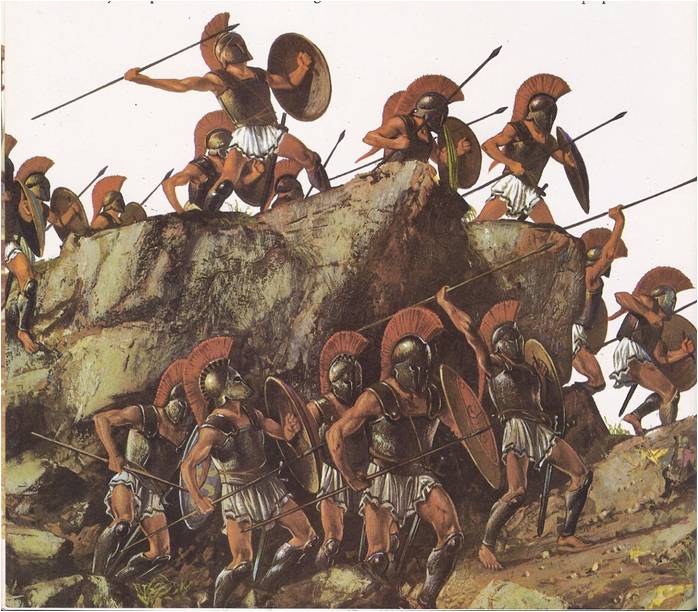THE LONG struggle between the churches of the East and the West was only one of the many serious problems that weakened the empire and led to its downfall. Trade was another of its problems. Much of goods imported from the eastern world was sold to the west through Byzantine markets. A ten percent tax was collected on an imports and exports as well as on all goods passing through the Bosporus. This was one of the empire’s most important ways of collecting taxes. However, this rich flow of tax money began to get smaller and smaller in the tenth …
Read More »Rome and the Christian Church A.D. 64 -180
TRUMPETS sounded the fire alarm in Rome on the night of July 18, in the year 64. It seemed that the flames first broke out in the crowded section near the Great Circus and spread rapidly, driven by a strong wind to row after row of wooden houses. Sparks carried by the wind started other fires. People fled in panic. The fire roared on unchecked, continuing for six days and six nights. When it was finally brought under control, most of the city lay in ruins. People could not believe that one small accidental fire somewhere could have caused all …
Read More »Paul of Tarsus A. D. 35 – 64
THERE was one man who had more to do with the future of the Christian church than even the apostles themselves, and his name was Paul, or Saul in Hebrew. He was the greatest of all Christian missionaries. Much more is known about Paul than about other leaders of the early church, for he wrote or dictated long letters of instruction and encouragement to various missions he had established. These letters were called epistles. A number of them were preserved and published. In addition, most of the Acts of the Apostles, the fifth book of the New Testament, deals with …
Read More »Greek Against Greek 430 B. C. – 404 B. C.
About 425 B. C., a lonely man, in a country that was not his own, sat down to write the story of a war that had begun six years before. Thucydides, an Athenian, had fought in the war’s first battles. He had been a general, in command of thousands of his city’s troops. Then he was ordered to go to the aid of another commander whose men were outnumbered. When he arrived, the battle had already been fought and lost. It was not his fault but the people of Athens were too anxious about the war to consider that. They …
Read More »


